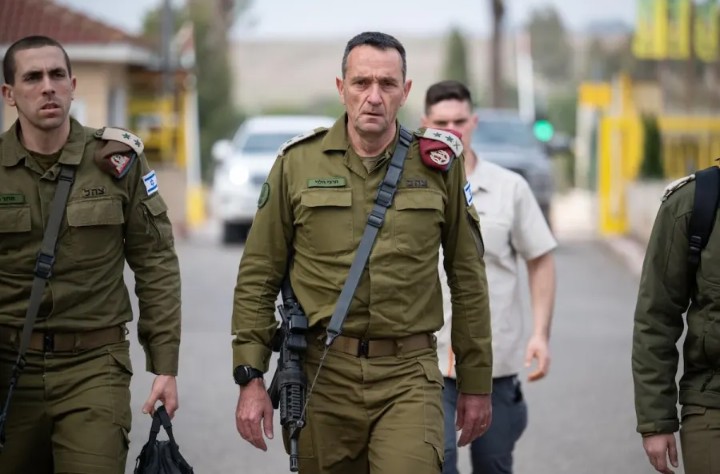With the Syrian Assad regime falling apart within mere days, first consequences of the shocking advance of the rebel groups reached the Israeli border along the Golan Heights on Saturday, as the IDF took part in the fighting for the first time.

Rebel groups spearheaded by the Islamist Hay’at Tahrir al-Shams (HTS) entered the northern city of Homs on Saturday, while the entire southern part of Syria, including provincial capitals Quneitra, Suweida, Dara’a, as well as several southern suburbs of the capital Damascus, was taken over by rebels.
At the time of publication, unconfirmed rumors swirled that Syrian President Bashar al-Assad and his family had fled the country.
Israel has joined a battle on the border with Syria to repel a rebel attack against UN forces (UNDOF) in the Hader area by the Golan
It’s next to Majdal Shams where a deadly Hezbollah rocket struck in July
The Israel Defense Forces stated troops helped UN peacekeeping forces in Hader, just under 5 km (3 miles) from the border, to beat back a rebel attack on their post, in the first Israeli participation in the fighting in Syria so far.
According to Army Radio, IDF troops fired artillery at “armed forces” to defend the post of the United Nations Disengagement Observer Force (UNDOF), which monitors the ceasefire between Israel and Syria in a buffer zone separating their borders.
“The IDF is assisting the UN forces to repel the attack in Syria and will continue to coordinate with the international forces deployed within the country’s borders,” Israel’s U.N. ambassador Danny Danon asserted.
The Israeli army had announced a second round of reinforcements for its troops stationed along the Syrian border just hours earlier: “The reinforcement of the forces will allow strengthening defense in the area and preparing the forces for different scenarios in the sector,” the IDF said.
IDF Chief of Staff Lt.-Gen. Herzi Halevi toured the Syrian border on Saturday, after the army carried out a large-scale exercise in the southern Golan Heights on Friday, which trained the fast deployment of large forces in the case of an emergency.
“We need to conduct a situational assessment really every few hours. Every event here sets a standard and changes going forward,” Halevi stated.







